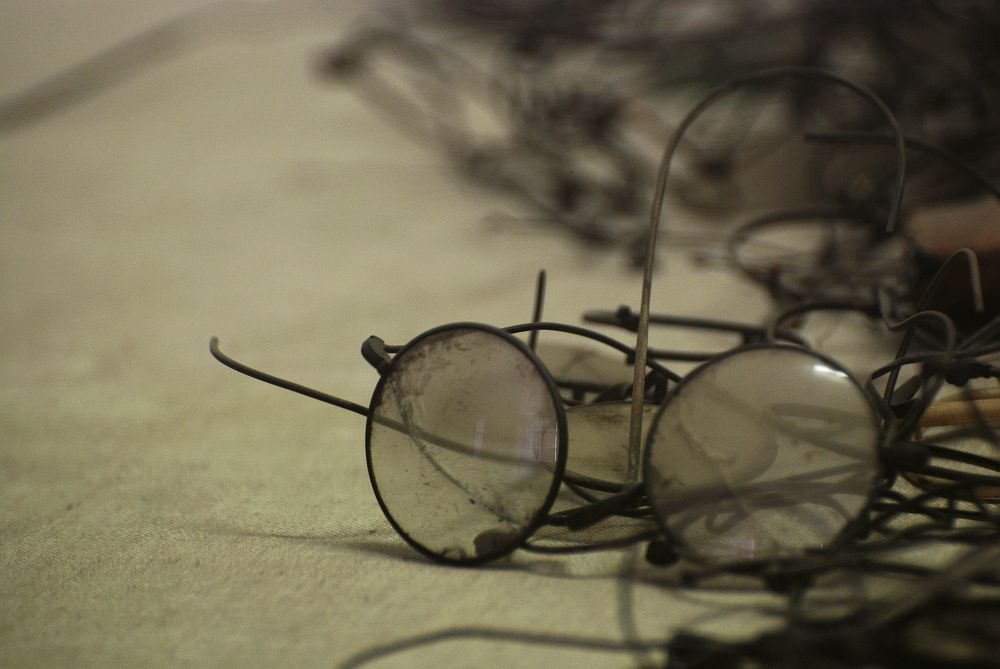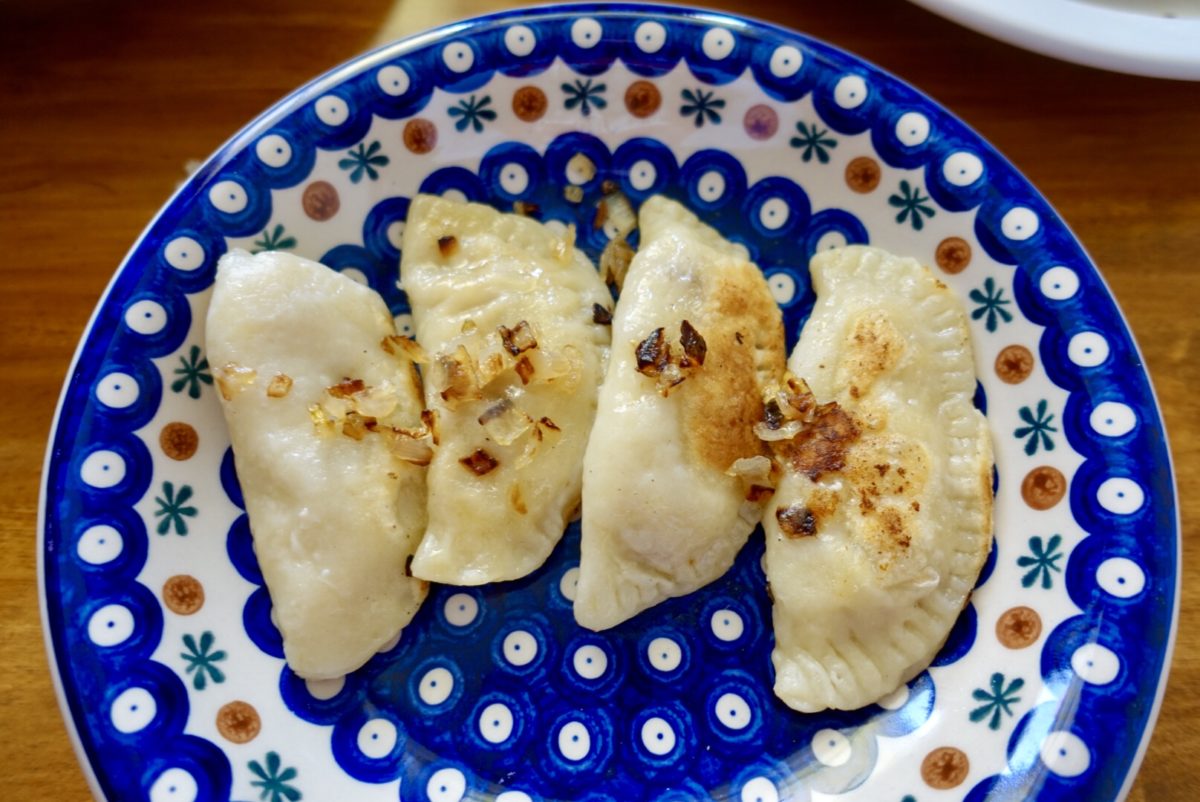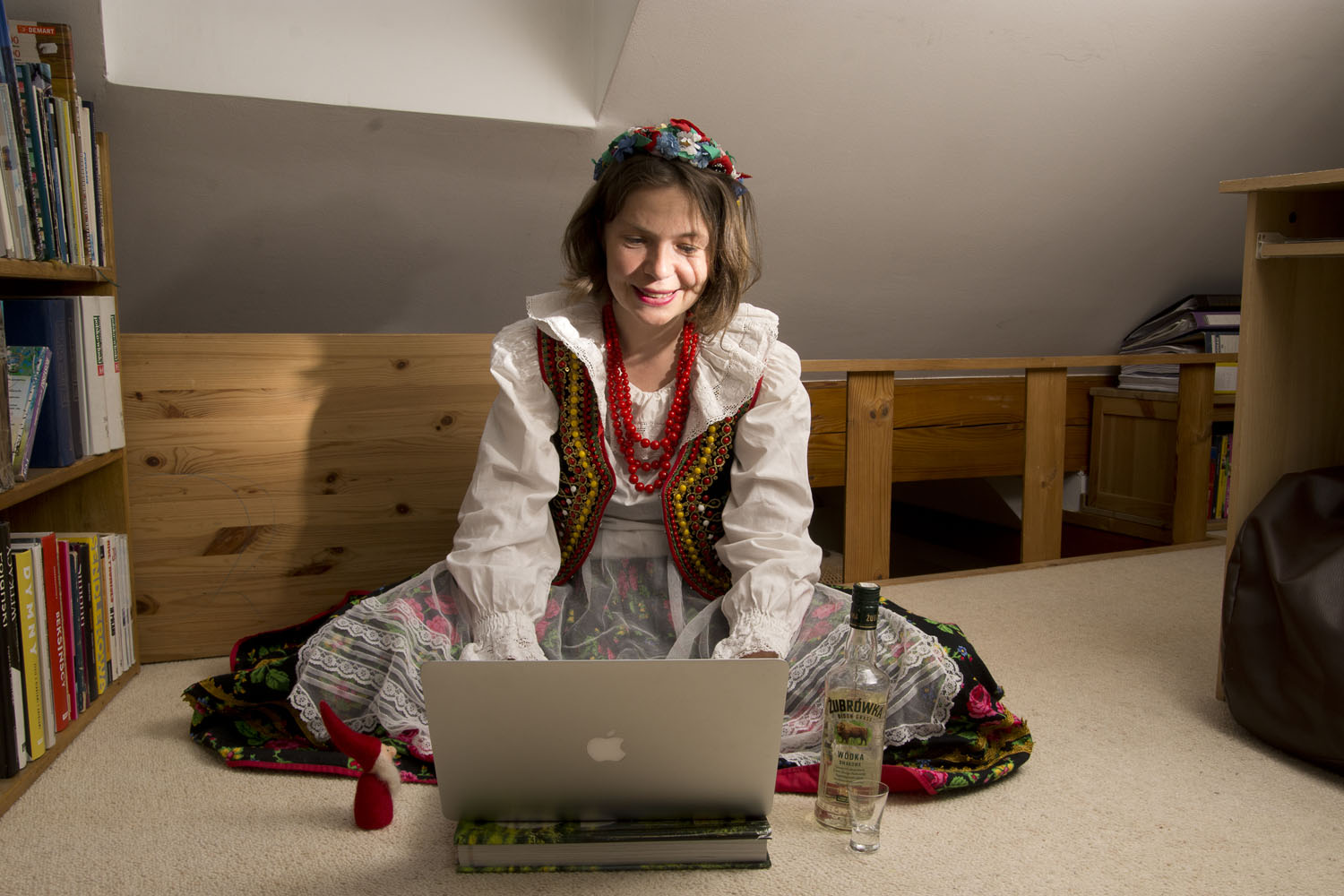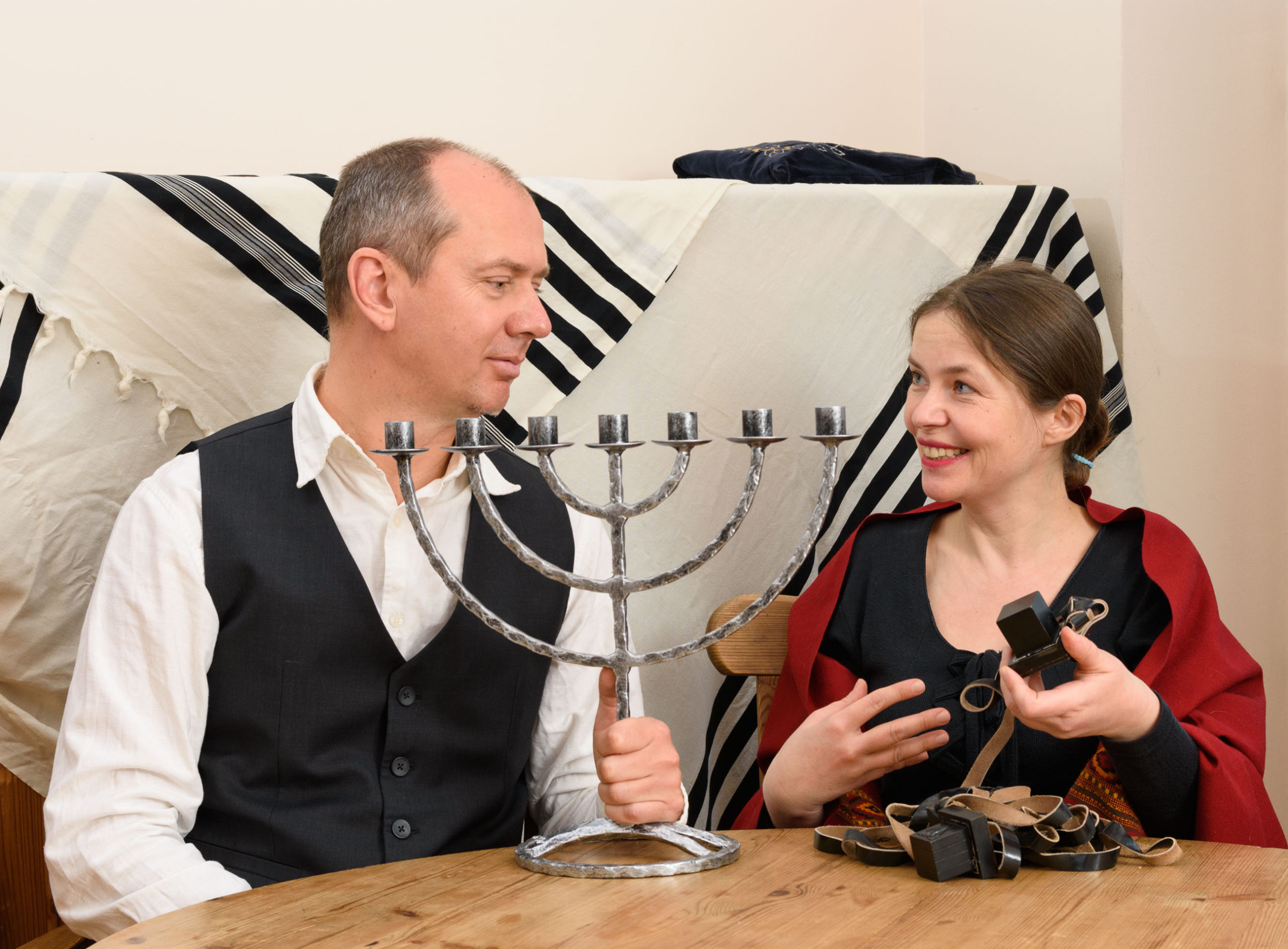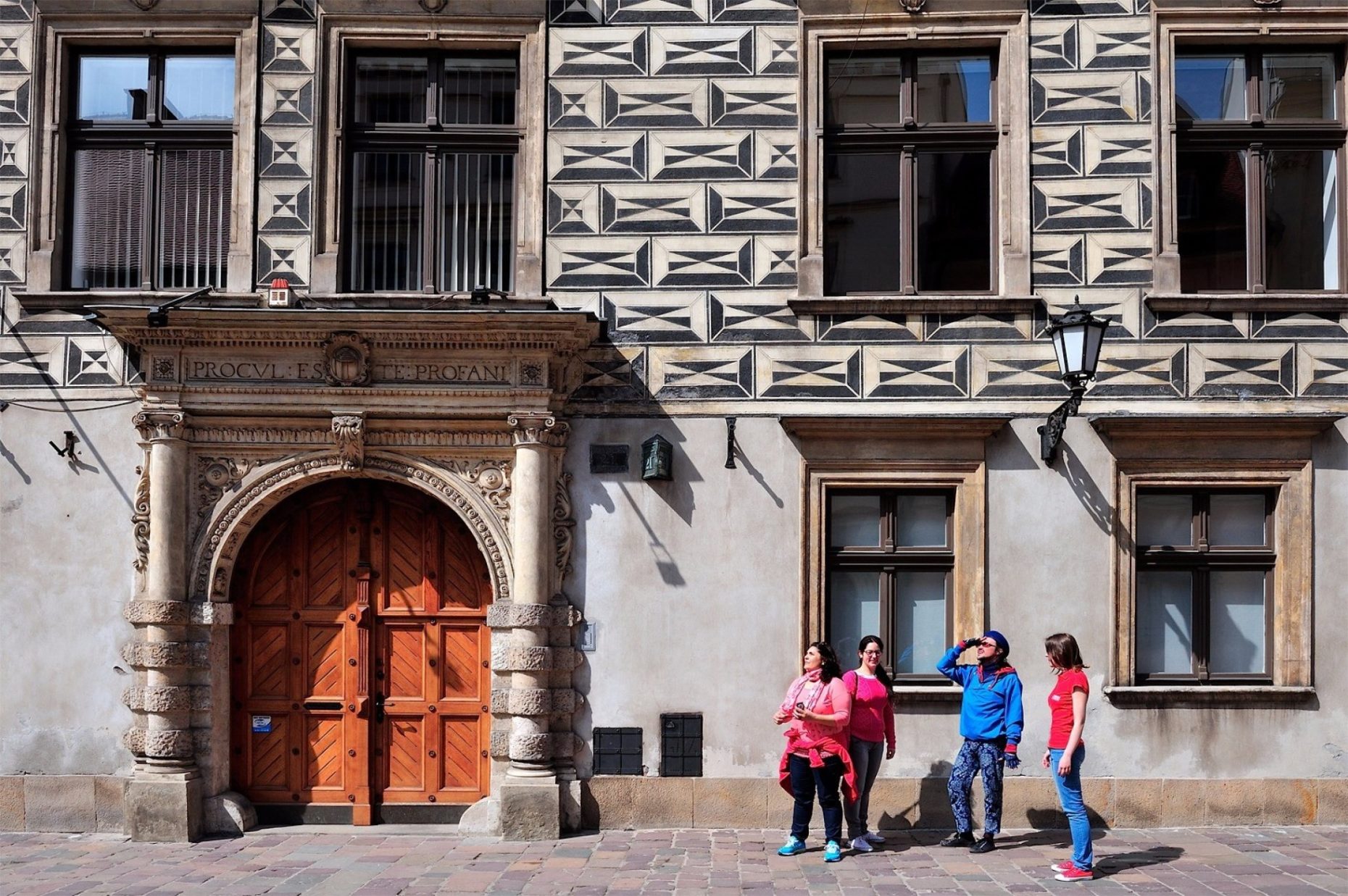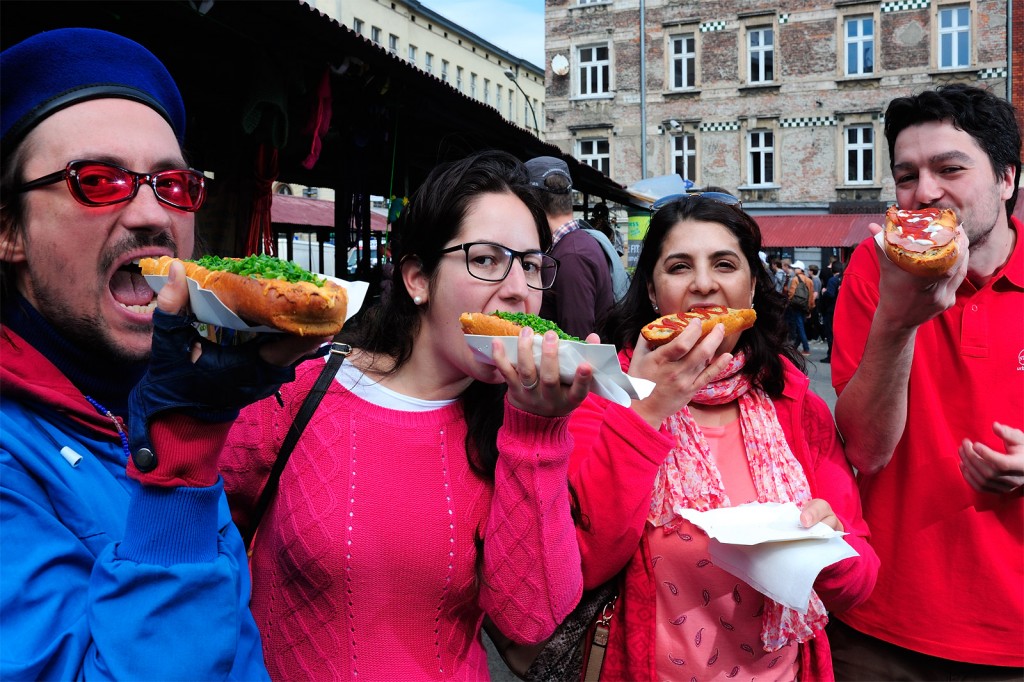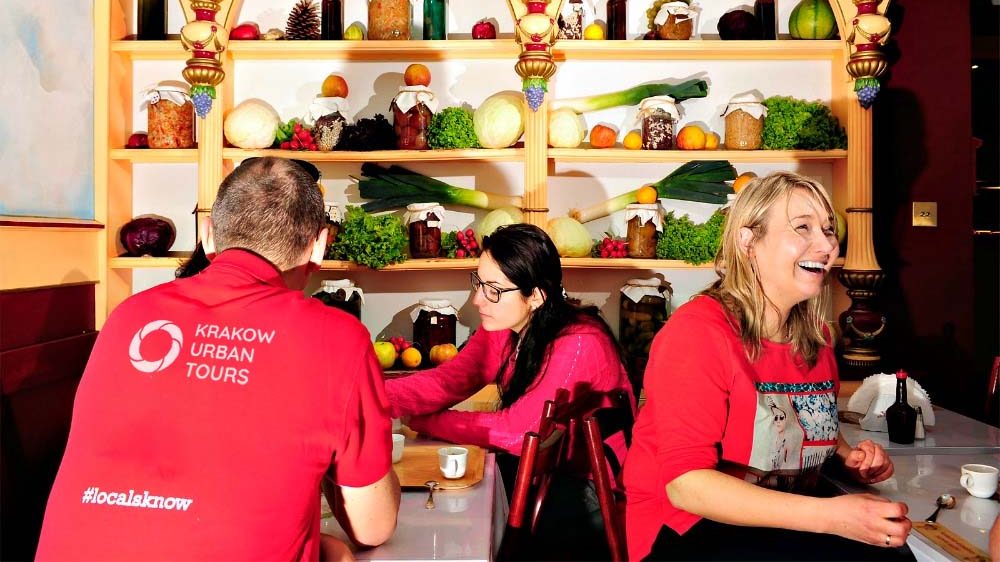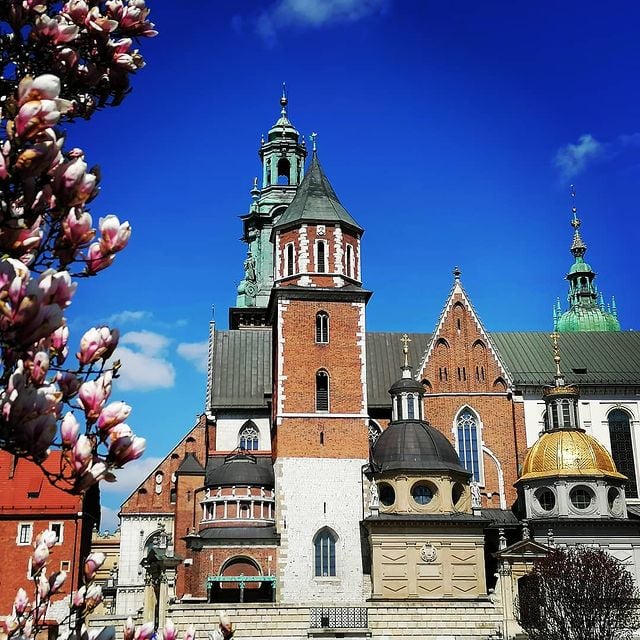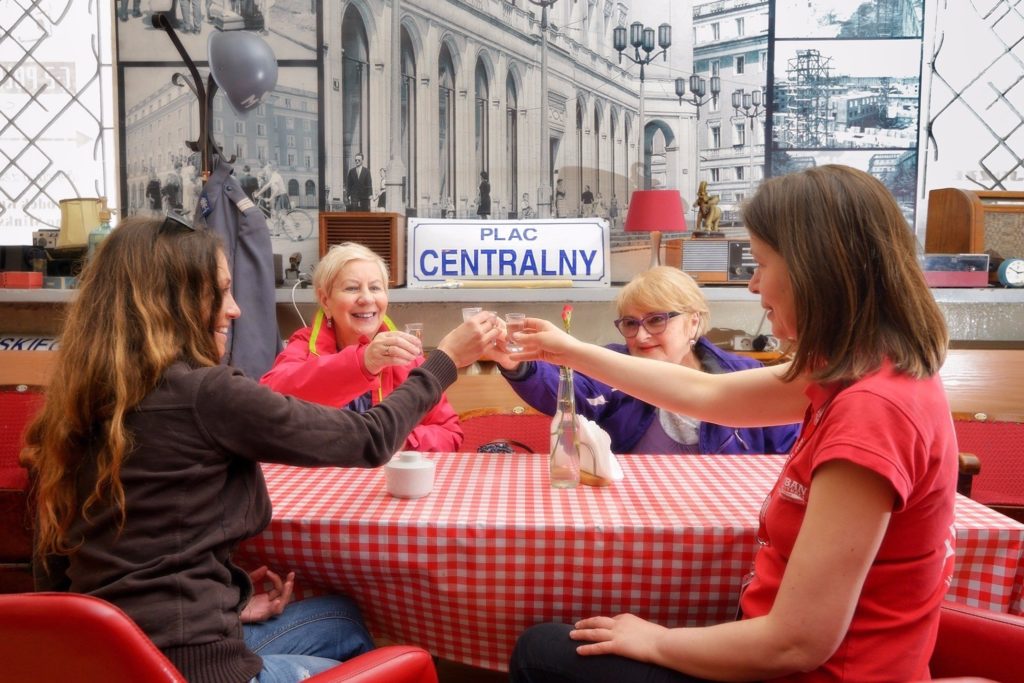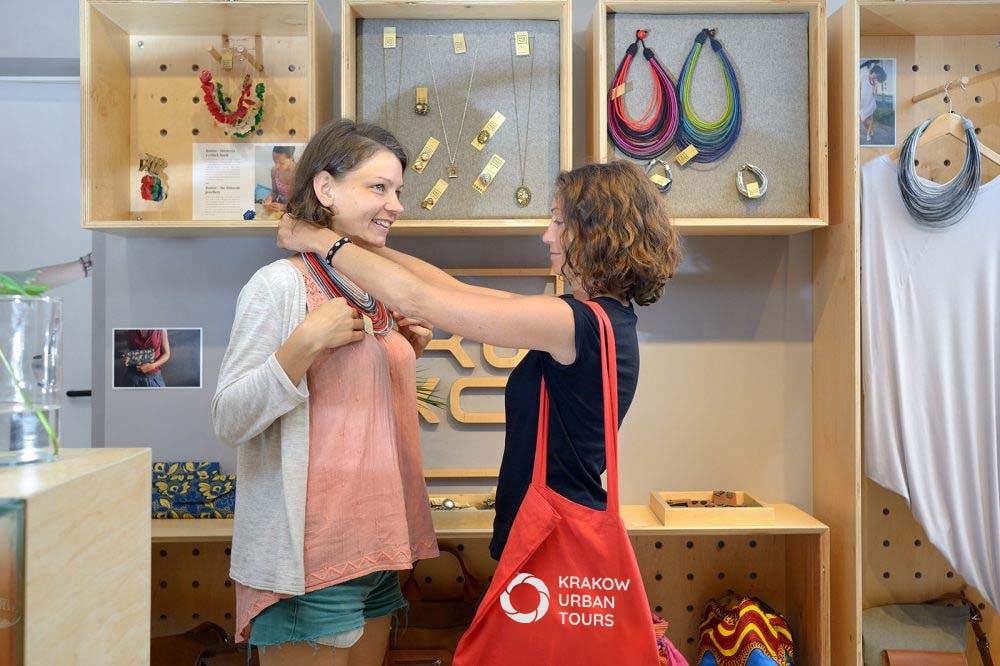Every country has its stereotypes: Swedes are tall, blonde vikings, the Scottish all wear kilts, Germans have no sense of humour, and every Australian knows how to surf.
Poland is no different. While everyone assumes we drink nothing but vodka, that’s not the full story of our drinking habits — or anything else. Here are 10 things about our country that might just surprise you.
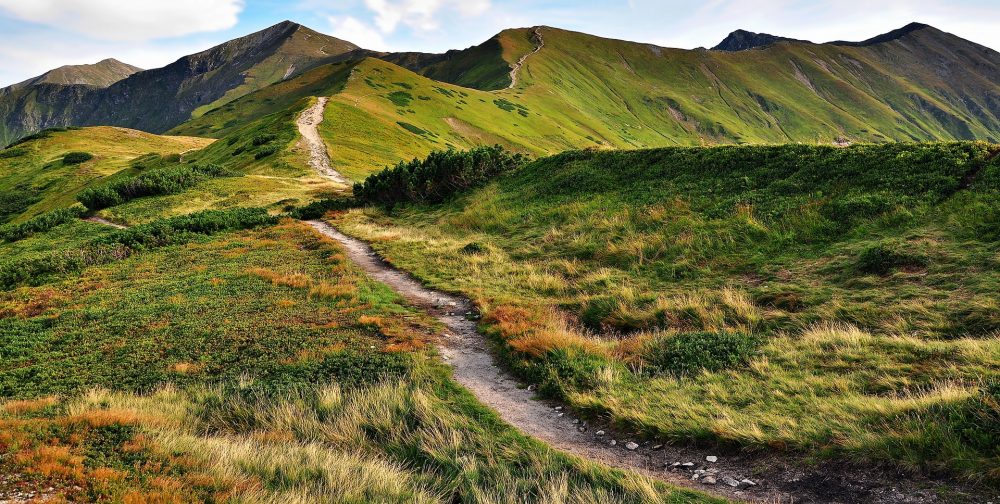
The beauty of Poland | Credit Pixabay
Poland has an incredibly diverse landscape
Poland is a really interesting country in terms of sightseeing. Our landscape changes from the north to the south, like a kaleidoscope showing its great variety and beauty. In the north is the Baltic Sea with sandy beaches and vast forests. Go further south and you’ll find the famous land of a thousand lakes, Masuria, an area with many opportunities for activities in the summer months. The central part of Poland is rather flat, covered with light birch forests and agricultural lands (not counting Warsaw, our capital city). South of the country, where the city of Krakow is situated, is hilly and mountainous.
In addition to our natural attractions, there are many cultural attractions to explore in Poland. We have many interesting cities full of old churches, castles and palaces. There are plenty of charming villages with wooden, hand-decorated houses, still alive with local folklore.
There are many famous Poles who you probably didn’t know were Poles
Visitors to Poland don’t realise that so many famous people and celebrities were born here. On their first visit to Krakow or Warsaw, visitors discover the most famous astronomer, Nicolaus Copernicus, was a Pole. World-class composer Fryderyk Chopin originated from the small village of Zalazowa Wola, close to Warsaw. Other surprises include scientist and Nobel Prize-winner Marie Curie from Sklodowska, and Karol Wojtyla (widely known as Pope John Paul II), born in Wadowice. If you want to impress Poles, surprise them with your knowledge. Believe me, they will be eternally grateful.
Today’s Poland has lost much of its multiculturalism
Today’s Poland is a homogeneous country. Not only is most of the population native Poles, but more than 90% of us, according to statistics, are Roman Catholics. This situation is a sad picture after World War II. Previously, our society was multicultural, multi-religious and multi-ethnic. Nowadays, only in big cities will you meet other foreigners, among whom are tourists, temporary workers or foreign students. The situation is changing slowly, and in my generation there are some intercultural marriages (like mine for example!). Still, it is currently a very small percent of our community. What can be really strange for visitors is that many Chinese, Indian and Arabic restaurants are run by Poles, and mostly local students of the Academy of Music perform famous Klezmer concerts in the Jewish quarter of Krakow.
Our language isn’t as hard to speak as you think
The Polish language is not the easiest to master. On the other hand, at least pronunciation is quite simple and regular. If you know the basic rules, you can be confident of your pronunciation. The only troublemaker is the number of consonants, especially those humming and hissing, often situated close to each other. The distinction between c, cz, s, sz and rz can be confusing. The best way to learn is to try to properly pronounce geographical names like: Suwalszczyzna (beautiful lake district in the northeast part of Poland) or Plac Trzech Krzyży (the big square in Warsaw). For the advanced, try to order scrambled eggs with onion, which in Polish sounds as easy as “jajecznica ze szczypiorkiem.”
We love to ask questions
While on a sightseeing tour in Poland, if you think the person with the microphone at the front of the coach is a bit much because they talk non-stop, just know that for us it’s perfectly normal to listen to so much information. Poles love to visit places and ask questions about those places. A Polish tourist entering a restaurant wouldn’t ask what was on the menu — the questions would be about the history of the restaurant or some interesting fact. Don’t worry, our pwn Krakow tour guides know that sometimes it is more important to eat than to bombard guests with historic details about where you’re dining.
Polish pop culture is often about WWII
Although World War II ended many years ago, it was such a big trauma for our society and it had such a big influence for Poles even today that it remains very much part of our daily life. The war is present in many Polish movies, even modern ones. We have a lot of documentaries and psychological films or dramas connected to the war. What may seem even more weird is that even Polish comedies or soap operas always have at least one episode from the war time, or about heroes from World War II.
READ: How to be a responsible tourist in Krakow
We sleep without blinds and dislike air conditioning
In Poland, the sunlight is something really precious, as during the winter we don’t have it in abundance. Don’t be surprised then, that in many homes there are no blinds or even curtains. The average Pole sleeps with uncovered window and wakes up to natural light. The same works for air conditioning, which doesn’t make us happy at all. The only places which are fully air-conditioned are big offices of international companies, employing mostly foreigners. And, believe me or not, for many Poles, air conditioning in the workplace is such a big obstacle, that they will quit their jobs and look for somewhere with natural light and air.
Expect a small payment to use a public toilet
Don’t be surprised if somebody asks you to pay 1 or 2 zlotys (about 0.25 to 0.50 euro) to use the toilet. Sometimes it happens even in the restaurant where you are dining, or in the popular museum you’re visiting. It is a common thing in Poland and the money serves to support the cleaning service. Be prepared for this and bring some coins, as sometimes you need to pay by machine. For our justification, I can only add that such a payment is not a Polish invention. The idea came from the Roman Empire and was introduced by the emperor Vespasian (ruled AD 69-79), who knew very well that ‘pucunia non olet’ (money does not stink).
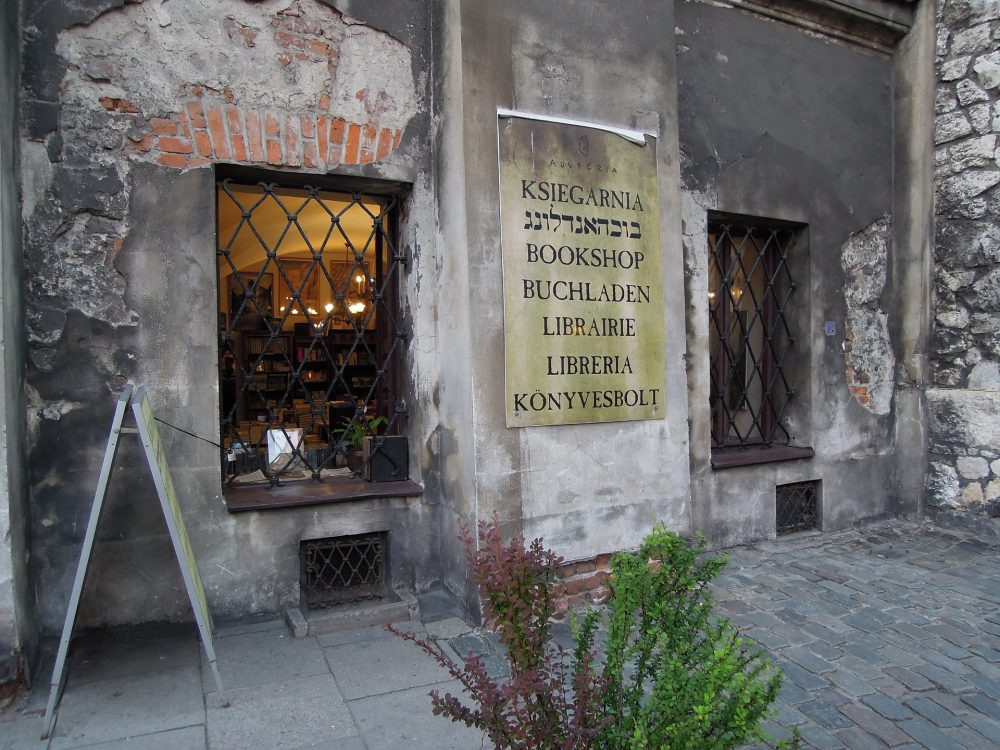
Dining out in Krakow | Credit Pixabay
Restaurants are always open and there are no ‘proper’ hours to eat
Poland doesn’t have siesta and our restaurants are open all day long and always ready to serve anything you want. Of course, in the morning people would rather eat cereal or sandwiches than pierogi. At lunchtime, we more frequently eat soup than apple cake, but if you want to have something different, it’s perfectly okay. We are definitely less strict than Italians or French when it comes to eating habits and the proper order of dishes to be served. Order a pizza and cappuccino together and you’ll probably see a surprised look on your server’s face, but without any doubts, everything would be delivered as ordered. The best hour to observe our different eating habits is noon. Enter any restaurant in the middle of the day, and you’ll see people still eating breakfast, while others are tucking into meat with potatoes, or coffee with cake. We enjoy our liberty when it comes to eating out.
We drink much less vodka than the stereotype
Many people visit Poland thinking that everyone here drinks a lot of vodka, on any occasion. Nothing could be further from the truth. Maybe in the past, during communist times, people drank more homemade vodka, because it was hard to get any other alcohol. Today, most friends meet over a beer, and when the opportunity arises to enjoy an elegant dinner, we drink good wine (yes, yes, there is such a thing as Polish wine, although it is difficult to get, and sometimes a glass of Polish wine is more expensive than the entire meal!). Vodka is usually reserved for the most important toasts, such as toasting the happy couple at a wedding.


